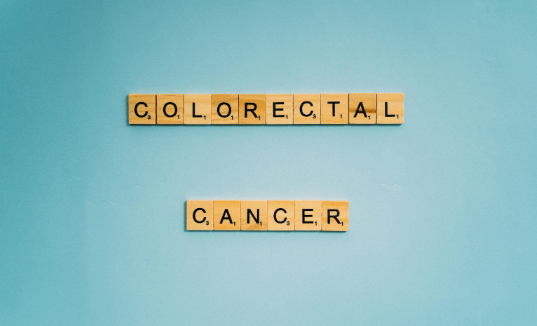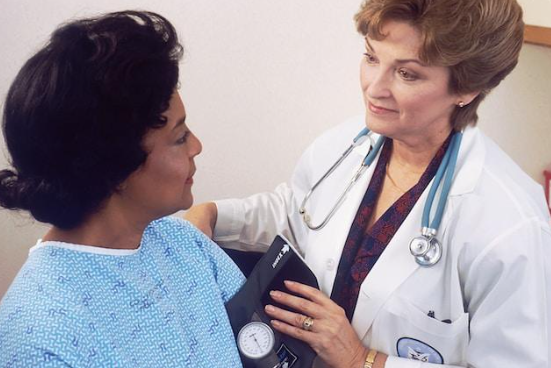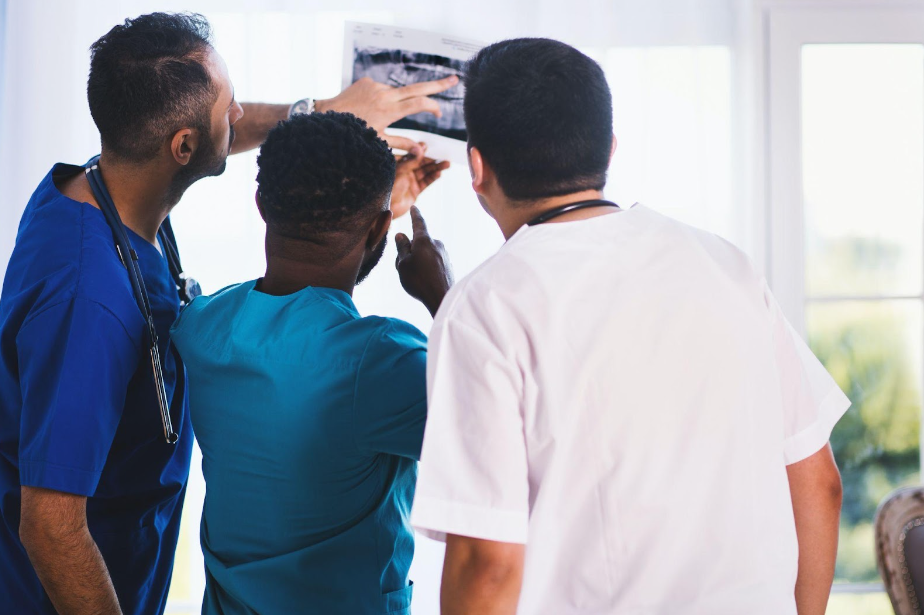Everything You Need to Know About Colostomy

Some medical advancements reshape the physical aspects of our bodies and how we perceive life. A colostomy is a procedure that can significantly change an individual's daily life and well-being. Whether you or someone you know has recently undergone a colostomy or you are simply seeking to expand your knowledge, we have got you covered.
Read more about colostomy, including its purpose, types, care, potential challenges, and life after reversal.
Understanding Colostomy
A colostomy is a surgical procedure that creates an artificial opening called a stoma on the abdominal wall. The stoma is an alternative route for waste to exit the body when the normal path through the rectum and anus is not functional.
Here is a general overview of the colostomy procedure.
Preoperative Preparation
- The patient undergoes a thorough evaluation, including medical history, physical examination, and diagnostic tests.
- Preoperative education and counseling help the patient understand the procedure and what to expect afterward.
Anesthesia
- The patient gets general anesthesia, ensuring they are asleep and pain-free throughout the surgery.
Incision and Stoma Creation
- The surgeon makes an incision in the abdominal wall, usually on the left side of the abdomen.
- The specific location of the incision may vary based on factors such as the underlying condition and the type of colostomy to perform.
- The surgeon carefully brings a portion of the colon (large intestine) to the surface of the abdomen, creating the stoma.
- The exposed end of the colon is then stitched to the edges of the abdominal wall, securing it in place.
Stoma Care and Management
- The stoma will eventually develop, protrude slightly from the abdomen, and appear reddish.
- The stoma does not have nerve endings, so it is typically not painful. However, the surrounding skin may be sensitive.
- A colostomy pouch or bag is attached to the stoma to collect waste material (stool). The pouch is secure, odor-resistant, and discreet.
- The healthcare team guides stoma care, including proper cleaning, changing the pouch, and maintaining healthy peristomal skin.
Recovery and Postoperative Care
- After the surgery, the patient is taken to a recovery area to wake up from anesthesia and to monitor closely.
- Specialists administer pain management and medication to prevent infection.
- The healthcare team provides postoperative instructions, including diet restrictions, physical activity recommendations, and information on potential complications.
When Should You Go For Colostomy Bowel Obstruction
A colostomy may be necessary if other treatment methods cannot clear a large intestine (colon) blockage. The colostomy provides an alternative route for waste to bypass the blocked area.
Cancer
Professionals also perform colostomies as a part of treating colorectal cancer or other abdominal cancers. Depending on the stage and location of the cancer, it can help divert the stool away from the affected area, either temporarily or permanently.
Inflammatory Bowel Disease (IBD)
In severe conditions like Crohn's disease or ulcerative colitis, where medication or other treatments fail to control the damage to the intestines and inflammation, medical professionals may advise the implementation of a colostomy. This active intervention allows the affected portion of the bowel to heal and alleviate symptoms, granting individuals a period of respite and recovery.
Traumatic Injury
Severe injuries to the abdomen or pelvis, such as those caused by accidents or gunshot wounds, can sometimes damage the colon extensively. In such cases, a colostomy may be performed as an emergency to divert the stool away from the injured area and allow healing.
Birth Defects
Certain congenital conditions, such as Hirschsprung's disease or imperforate anus, can affect the normal functioning of the colon and rectum. A colostomy addresses these congenital disabilities as part of the treatment plan.
Diverticulitis
Severe cases of diverticulitis with recurring infections, abscesses, or perforations in the colon, may require a colostomy to allow the affected area to heal and prevent further complications.
It's important to note that a healthcare professional performs a
colostomy after thoroughly evaluating the individual's condition. The specific reasons for a colostomy may vary depending on the unique circumstances of each patient.
How Does the Digestive System Work After Surgery?
After a colostomy, the digestive system changes due to the alteration in the usual route of waste elimination. Here's how the digestive system works after a colostomy:
Stoma
- After performing colostomy surgery, the surgeon creates a stoma on the abdominal wall, which involves exposing either the end of the colon or the remaining portion of the colon.
- The stoma is the new exit point for waste materials (stool) to leave the body.
Digestion
- The digestive process remains essentially unchanged after a colostomy. Food gets broken down, and nutrients are absorbed in the same way as before.
- Digestion primarily occurs in the remaining parts of the digestive system, such as the small intestine and the remaining portion of the colon (if applicable).
- Enzymes and digestive juices continue to break down carbohydrates, proteins, and fats.
Nutrient Absorption
- The small intestine is responsible for absorbing nutrients from the digested food.
- After absorption, the nutrients are transported into the bloodstream and distributed to the body's cells for energy and various functions.
Waste Elimination
- A colostomy eliminates waste material (stool) through the stoma instead of passing through the rectum and anus.
- The stool collects securely in an ostomy pouch or bag attached around the stoma.
- You need to empty the pouch regularly to remove the waste material.
Colostomy Pouch
- The colostomy pouch is secure, odor-resistant, and discreet.
- It is typically emptied and cleaned when necessary to maintain hygiene and comfort.
- The healthcare team guides how to properly care for and manage the colostomy pouch.
Diet and Nutrition
- While the digestive system functions similarly after a colostomy, individuals may need to make dietary adjustments based on their specific needs and recommendations from healthcare professionals.
- Certain foods must be avoided or consumed in moderation to prevent complications or discomfort.
Risks After the Surgery
Like any surgical procedure, a colostomy carries certain risks and potential complications. It's important to note that the likelihood of experiencing these risks can vary depending on individual factors and the specific circumstances of the surgery.
Here are some potential risks associated with a colostomy procedure.
- Infection
- Bleeding
- Stoma complications
- Skin irritation and breakdown
- Dehydration and electrolyte imbalance
- The psychological and emotional impact
- Parastomal hernia
- Bowel obstruction or blockage
It's crucial to discuss risks, complications, and mitigation strategies with your healthcare provider before undergoing a colostomy procedure. They can provide personalized information based on your specific situation and guide you through recovery to minimize these risks.
Before Colostomy Procedure
Before a colostomy procedure, there are several steps to prepare the patient. This includes a thorough evaluation by the healthcare team, which may involve a medical history assessment, physical examinations, and diagnostic tests such as blood work, imaging, or colonoscopy. Healthcare providers offer preoperative education and counseling to actively inform the patient about the procedure, its purpose, potential risks, and benefits, as well as what they can expect during and after surgery. Discussions may also cover postoperative care, dietary adjustments, and lifestyle changes.
During Colostomy Procedure
Surgeons perform the colostomy procedure in a hospital or surgical center, administering general anesthesia to the patient. Once the patient is asleep, the surgeon makes an incision on the abdomen and carefully brings a portion of the colon to the surface, creating the stoma. During the procedure, they secure the exposed end of the colon to the abdominal wall. The surgery typically takes a few hours, and the healthcare team closely monitors the patient's vital signs and overall well-being throughout the procedure.
Aftercare in Hospital
After the colostomy procedure, the patient wakes up from anesthesia in the recovery area. Postoperative care involves pain management, monitoring of vital signs, and observation for any signs of complications such as bleeding, infection, or adverse reactions to anesthesia. The healthcare team provides instructions on stoma care, including cleaning and protecting the stoma and managing the colostomy pouch. Based on their tolerance and the surgeon's guidance, the patient can consume a liquid diet before gradually transitioning to solid foods.
Aftercare at Home
Upon discharge from the hospital, the patient will continue their recovery and adjust to life with a colostomy at home. This includes following proper stoma care practices, such as regular cleaning and changing of the pouch, and ensuring a proper fit and seal to prevent leakage or skin irritation. The healthcare team provides detailed instructions on dietary considerations, which may involve specific recommendations regarding foods that may affect stool consistency or cause gas.
It is important to attend follow-up appointments with the healthcare provider to monitor healing, address any concerns, and receive further guidance on long-term colostomy management, including physical activities, travel, and psychological support if needed.
Patients must communicate with their healthcare providers, ask questions, and
seek support from medical professionals, ostomy nurses, or support groups throughout the preoperative, intraoperative, and postoperative phases to ensure a smooth and successful transition into life with a colostomy.
Take control of your colostomy journey with
Northlake Gastroenterology Associates. We understand your unique needs and provide the support you deserve.
Schedule a consultation and start your path toward confidence and well-being with Northlake Gastroenterology.
More Blogs
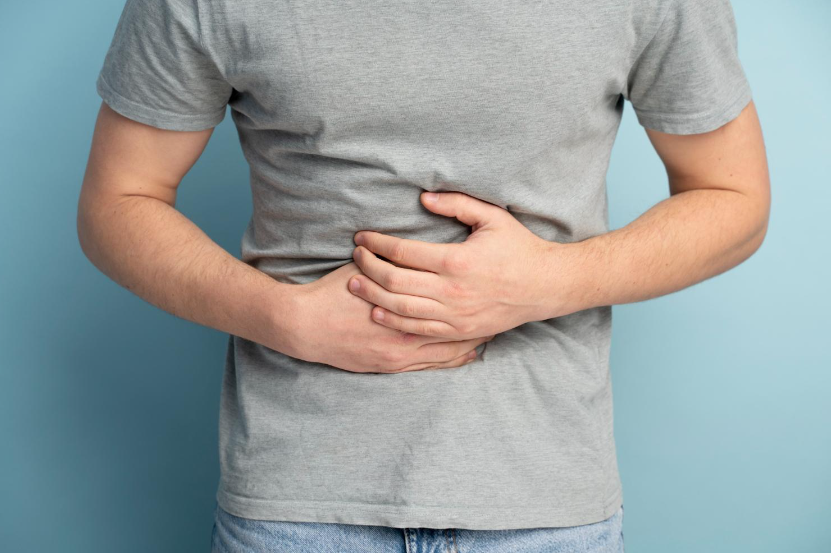
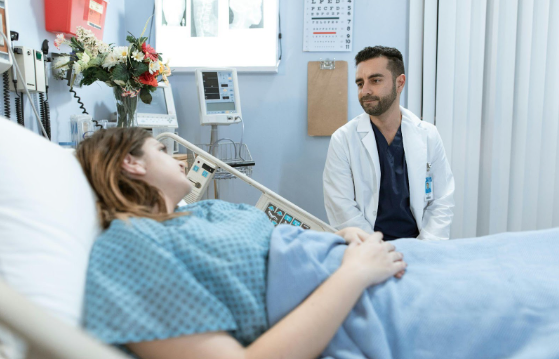





© All Rights Reserved 2023 | Northlake Gastroenterology Associates


